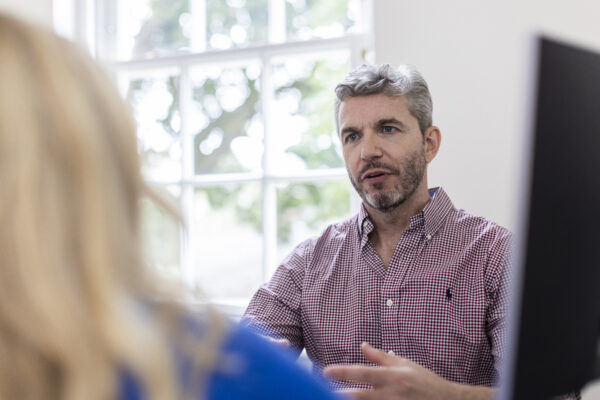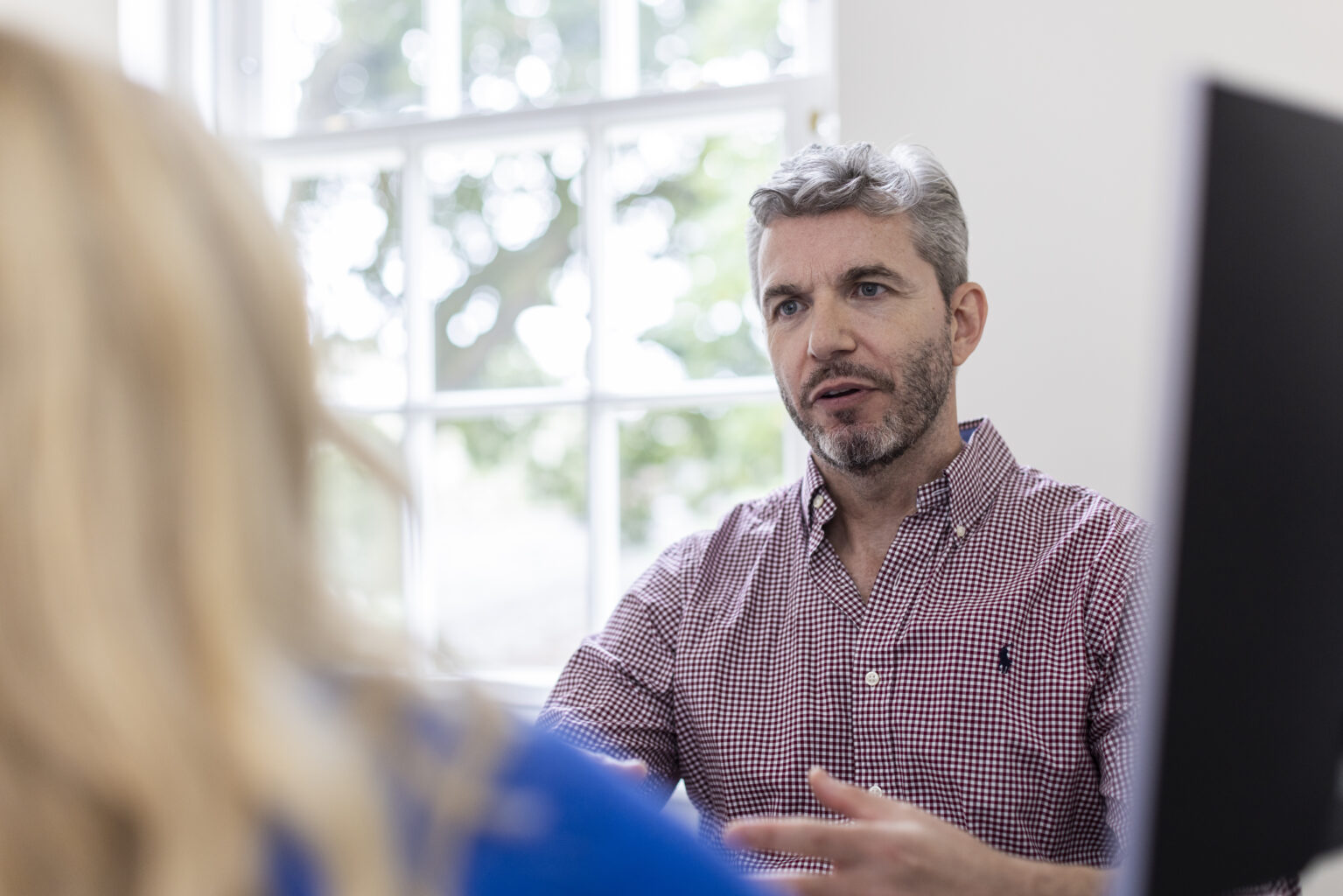Contact number: 020 7806 4060
What is AIN Ablation?
AIN ablation involves the use of radiofrequency energy or other techniques to disrupt pain signals sent by the anterior inferior nerve. This procedure targets specific nerves contributing to chronic pain, providing long-lasting relief when other treatments have not been effective.
AIN ablation is commonly recommended for conditions such as:
- Pudendal neuralgia
- Chronic pelvic pain
- Pain following surgery or injury
This procedure is minimally invasive and is typically performed under local or light sedation for patient comfort.
AIN Ablation at St John & St Elizabeth Hospital
At St John & St Elizabeth Hospital, we provide AIN ablation as part of our comprehensive pain management services. Our team takes a patient-centred approach, tailoring treatments to each individual’s condition and needs.
Why choose us for AIN ablation?
- Specialist Pain Management Experts: Our consultants are highly experienced in treating nerve-related pain conditions.
- Minimally Invasive Techniques: We use precise, targeted methods to ensure effective pain relief with minimal recovery time.
- Modern Facilities: Our hospital is equipped with advanced technology to support safe and efficient procedures.
- Accessible Location: Conveniently based in NW8, we serve patients from Hampstead (NW3), Kilburn (NW6), and across London.
We are dedicated to providing relief from chronic pain and helping you regain your quality of life.
Consultants who perform AIN Ablation in London
Frequently Asked Questions About AIN Ablation
St John & St Elizabeth Hospital is located in St John’s Wood (NW8), a well-connected area of North West London. We are conveniently accessible for patients from Hampstead (NW3), Kilburn (NW6), and beyond.
By Tube:
- St John’s Wood station (Jubilee Line) is just a 5-minute walk from the hospital.
- Finchley Road (NW3) and Kilburn stations (NW6) on the Jubilee Line provide excellent connections.
By Bus:
- Wellington Road: Routes 13, 46, 82, and 113 stop near St John’s Wood Underground Station, just a short walk from the hospital.
- Circus Road: Routes 46 and 187 stop close to the hospital’s Circus Road entrance.
- Abbey Road: Routes 139 and 189 stop near the junction where Grove End Road becomes Abbey Road, providing easy access.
Major Roads:
If you’re travelling from NW3 or NW6, major routes such as Finchley Road or Kilburn High Road offer a direct approach to the hospital.
The procedure is performed under local anaesthesia or light sedation, ensuring minimal discomfort. Some mild soreness may occur afterwards but typically resolves quickly.
AIN ablation can vary in duration depending on the complexity of the case. Simple procedures may take as little as 15 minutes, while more complex cases can take up to three or four hours to complete. Your consultant will discuss the expected time with you during your consultation.
Recovery is generally quick, with most patients returning to light activities within a day or two. Your consultant will provide specific aftercare instructions to ensure a smooth recovery.
AIN ablation is recommended for patients with chronic pain due to conditions like pudendal neuralgia or persistent post-surgical pain that has not responded to other treatments.
Some of the benefits of AIN laser ablation are:
- No incision required
- Low pain treatment
- Minimal bleeding
- Short recovery time
- Performed in an outpatient setting or one-day surgery


